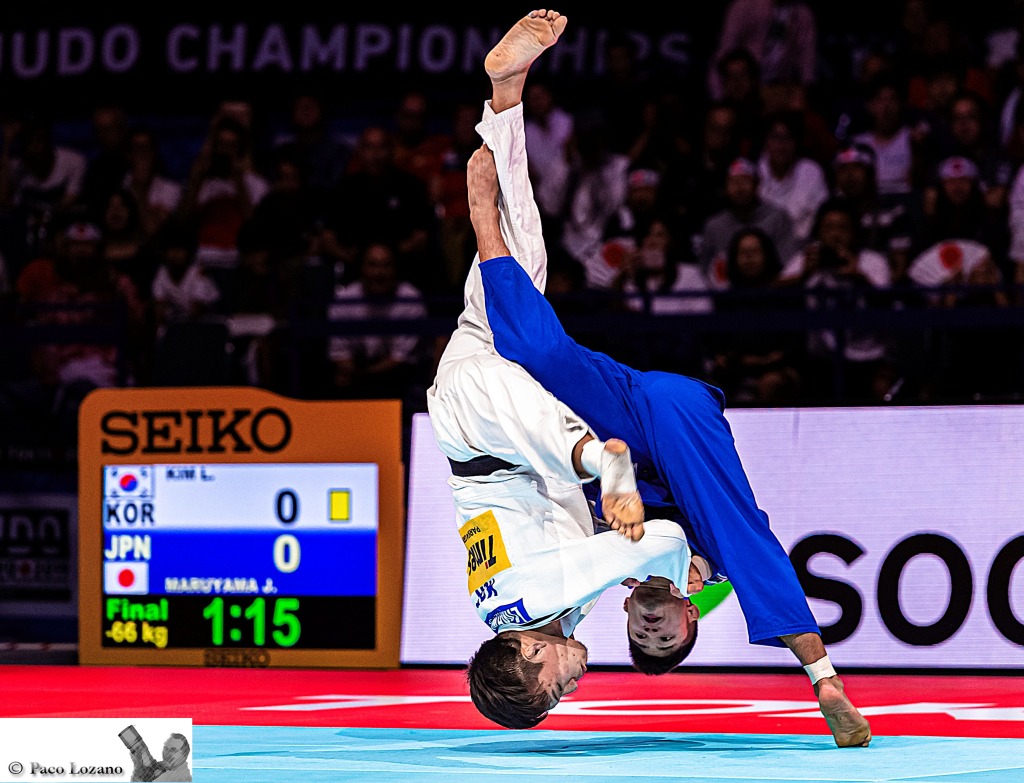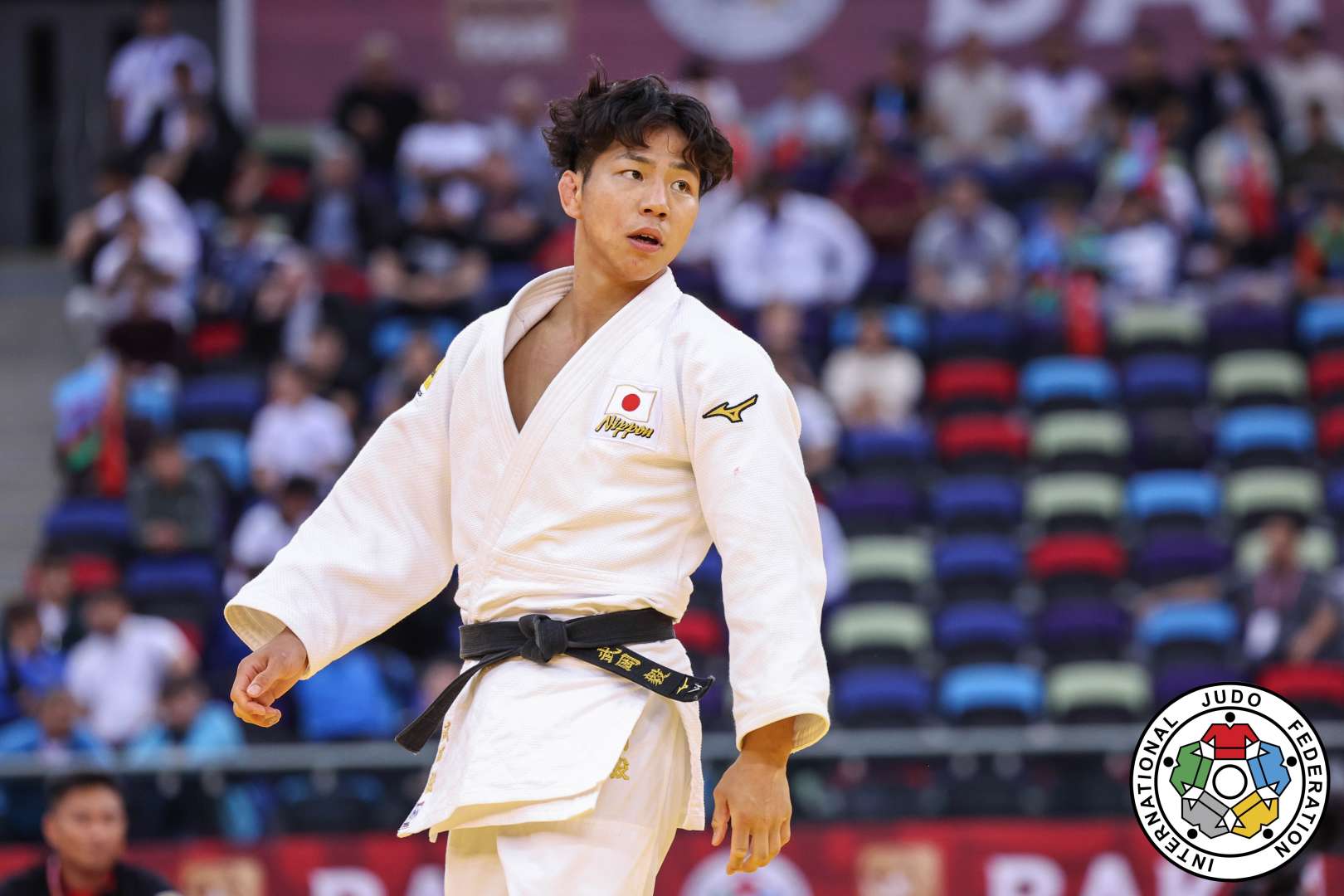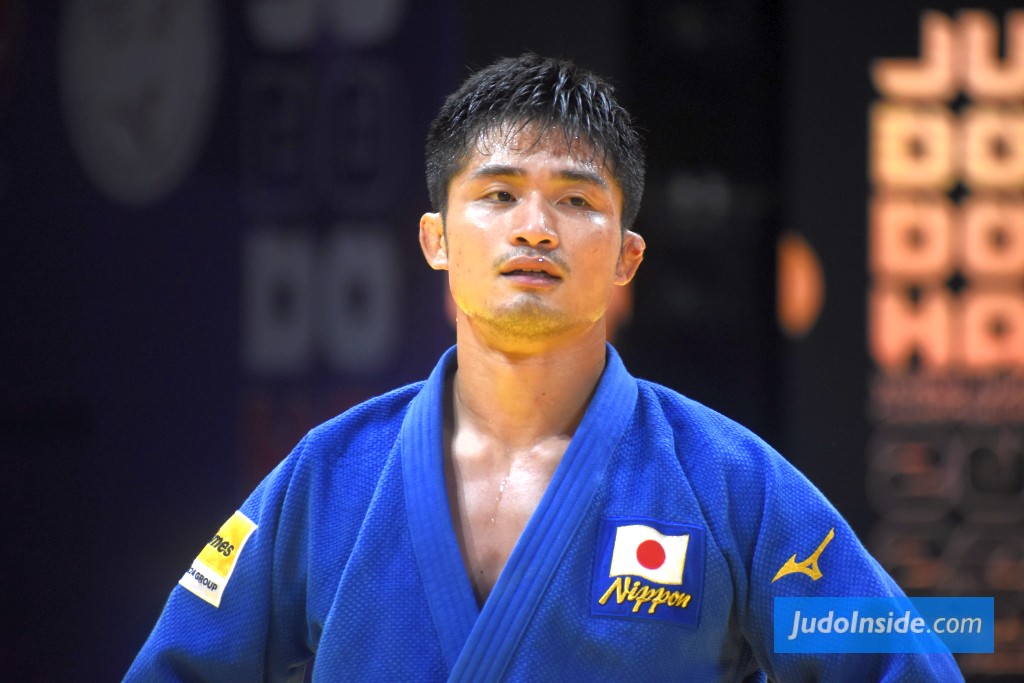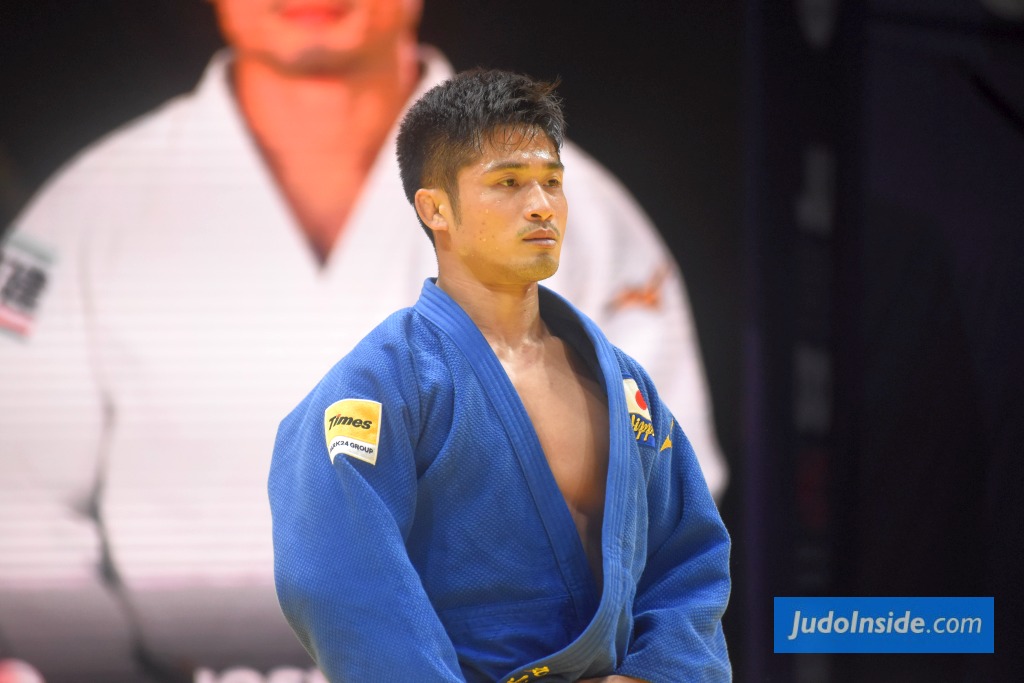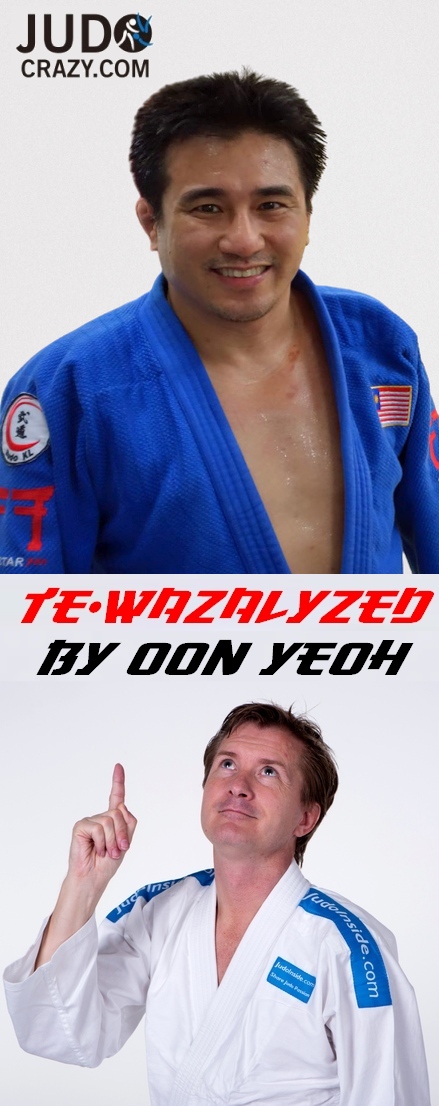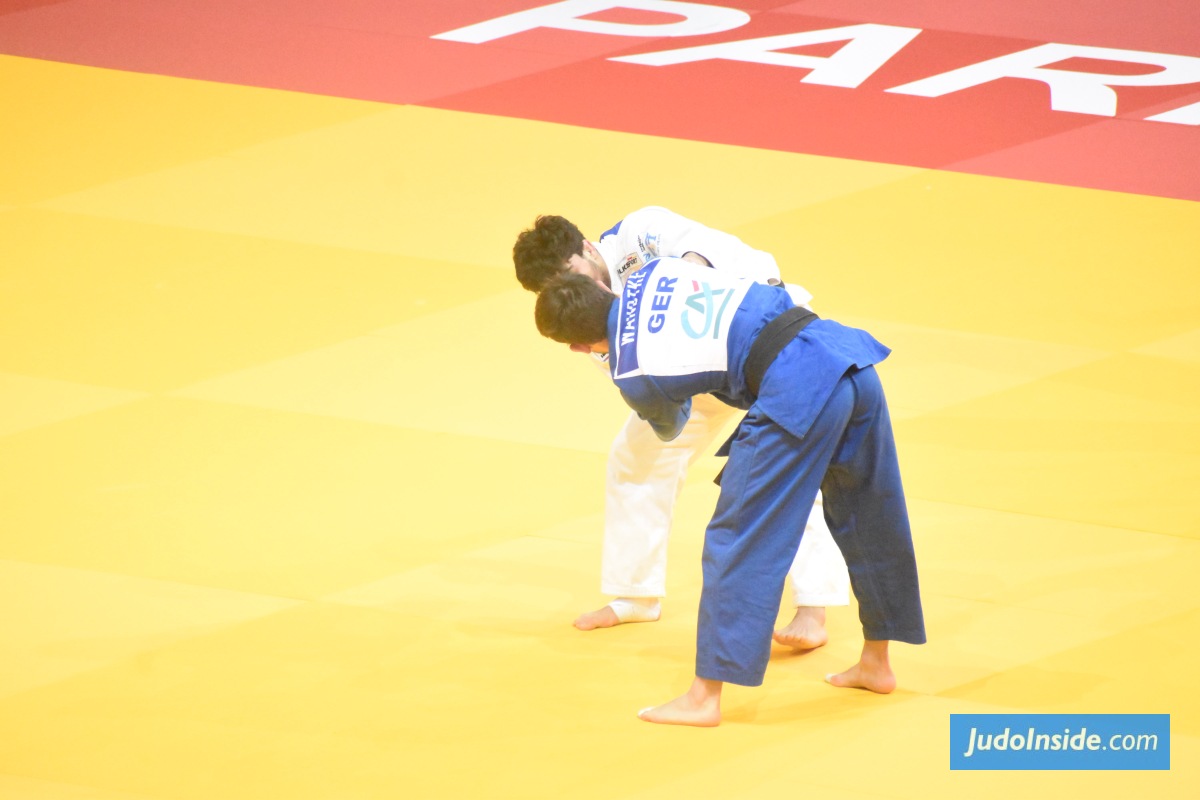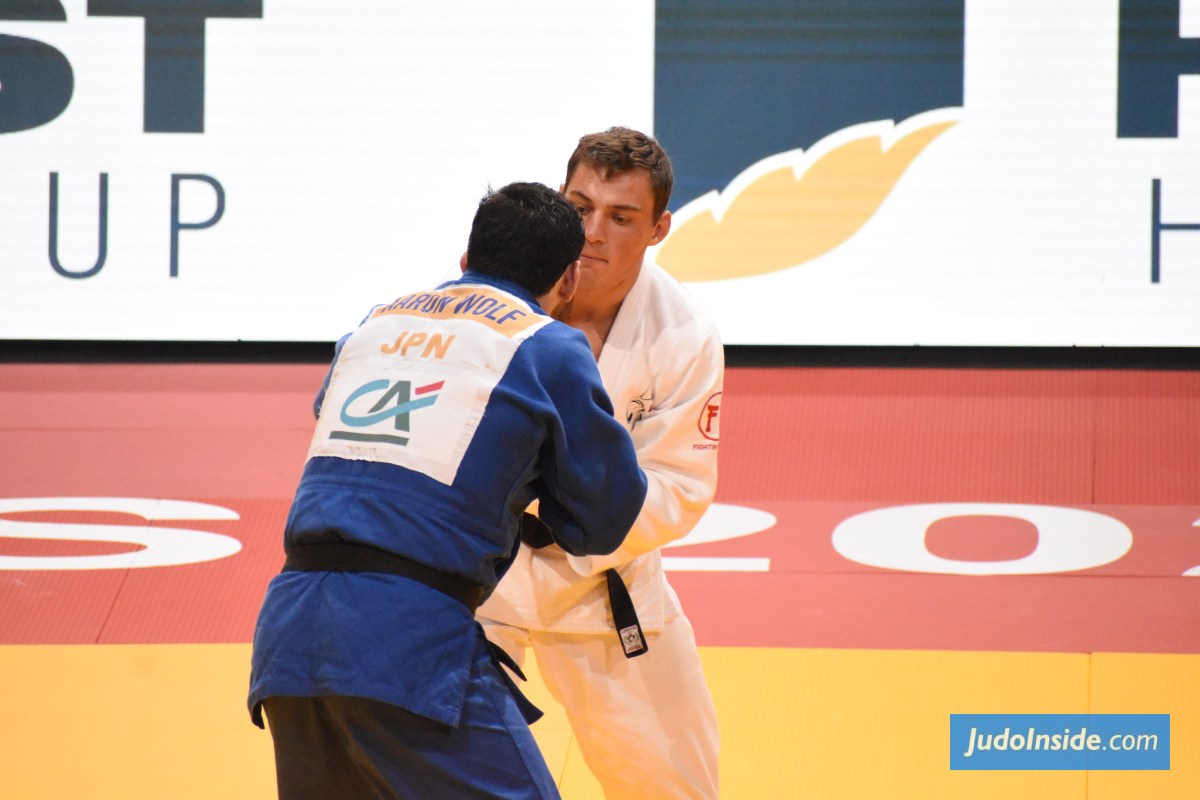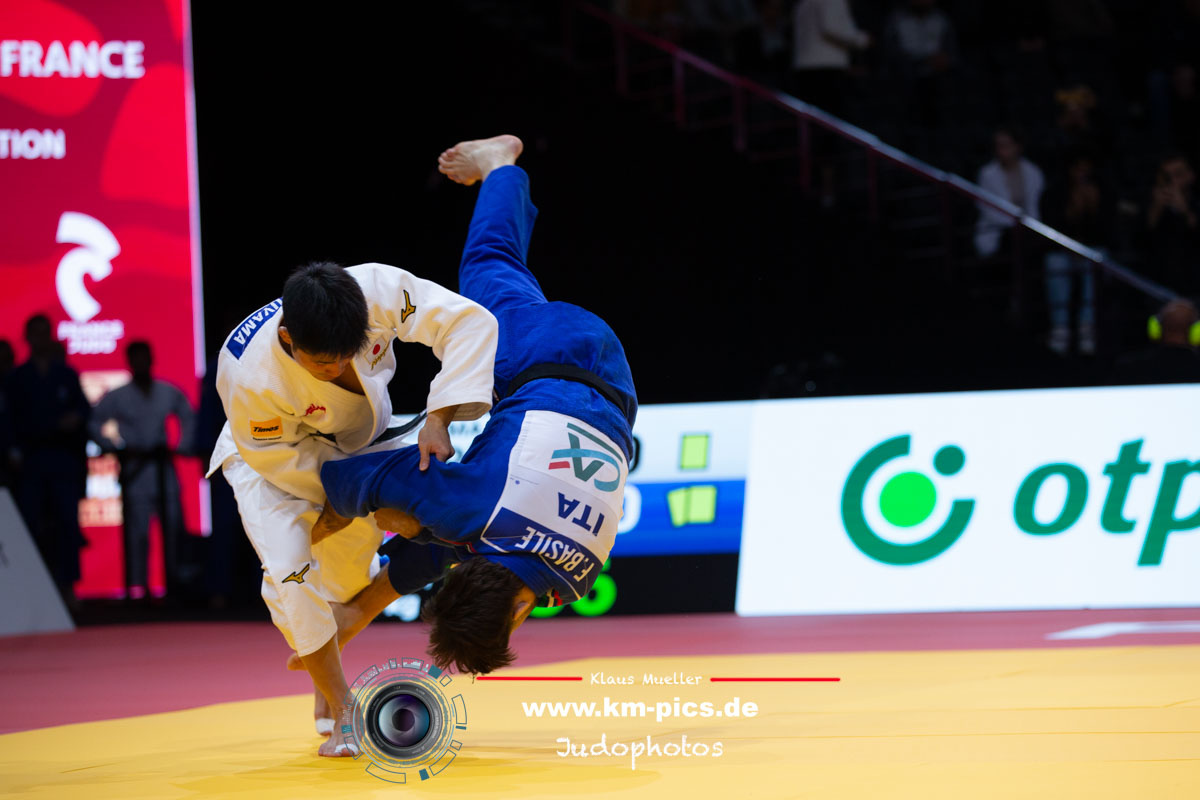Analysis of the clash between Hifumi Abe and Joshiro Maruyama
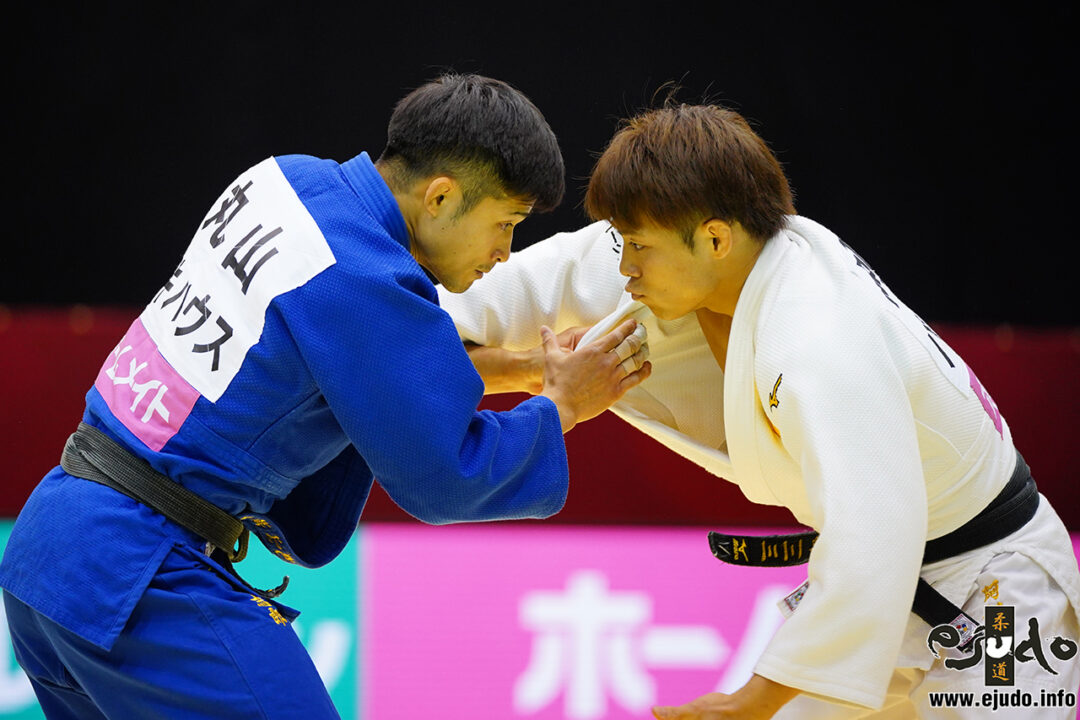
 6 Apr 2022 09:55
6 Apr 2022 09:55
 by JudoCrazy and JudoInside
by JudoCrazy and JudoInside
 ejudo
ejudo
It was inevitable that Abe and Maruyama would meet in the final of the All-Japan Weight Class Championships, which happened over the weekend. This competition serves as a kind of selection event for the World Championships later this year.
In most cases, the winner of each category gets to go to the Worlds but sometimes, if the “wrong player” wins, they don’t get selected. There is a long history of this. In 1996, the late, great Toshihiko Koga failed to win the U78kg category after he suffered a shock defeat to Hidenori Horikoshi, a domestic rival who had very little international experience. The All-Japan Judo Federation picked Koga, because of his impressive track record, to go to the Olympics.
This kind of thing happens fairly frequently, and it happened again at this year’s All-Japan’s Weight Class Championships. In the Women’s division, Uta Abe failed to make it to the final but she was still chosen to represent Japan at U52kg. Naohisa Takato also suffered a shock defeat to Genki Koga (the son of Toshihiko Koga) but he was also selected to represent Japan at U60kg.
So, you can say the All-Japan's is only a "sort of" trials for the World's but when you have two absolutely top players in the same division, such as Abe and Maruyama, this competition is the fairest way to select who gets to go.
So close in capabilities and track record are these two that for the Tokyo Olympics, a special contest was held to determine the selection. In that one, Abe won by waza-ari in Golden Score. He justified his selection by winning gold in the Olympics.
This year's All-Japan’s was something of a grudge match for Maruyama, who seemed determined to throw Abe. He was always searching for the right grip to do his famous uchimata. But Abe knew better than to let Maruyama get his favorite grip.
In contrast, Abe fought a highly tactical game, from beginning to end. During regular time, he didn’t try to do his famous morote-seoi-nage or sode-tsurikomi-goshi even once. Instead, he was doing lots of tactical attacks designed to unsettle Maruyama, who got knocked down several times and even received a shido for dropping to the mat to avoid Abe's dominant gripping.
Abe is usually an ippon player when fighting international opponents. Here, he didn’t even seem to be going for waza-ari but rather shido for his opponent. And the shidos came. By the end of regular time, it was one shido to two, in favor of Abe. One more shido and Maruyama would be disqualified.
During Golden Score, Abe attacked relentlessly. Instead of adapting to the situation and putting in his own tactical attacks, Maruyama seemed to be sticking to his “ippon judo” style of play, constantly searching for the right grip to launch Abe into the air. But he never got it. Instead, what he got a third penalty. And with that: hansoku-make.
Shortly after the conclusion of the championships, the All-Japan Judo Federation announced its selections for the World team and as it turned out, for the U66kg category, Japan would be sending two players: Abe and Maruyama.
There’s a high chance these two would meet again at the World’s. The last time that happened, at the 2019 Tokyo World Championships, Maruyama was the more experienced and confident one. He won’t have that advantage anymore this time around.
 like
like
 share
share

| Result | City | Date |
|---|---|---|
| 2 | Paris | 2024 |
| 1 | Abu Dhabi | 2024 |
| 1 | Zagreb | 2024 |
| 3 | Belgrade | 2023 |
| 2 | Montpellier | 2023 |







